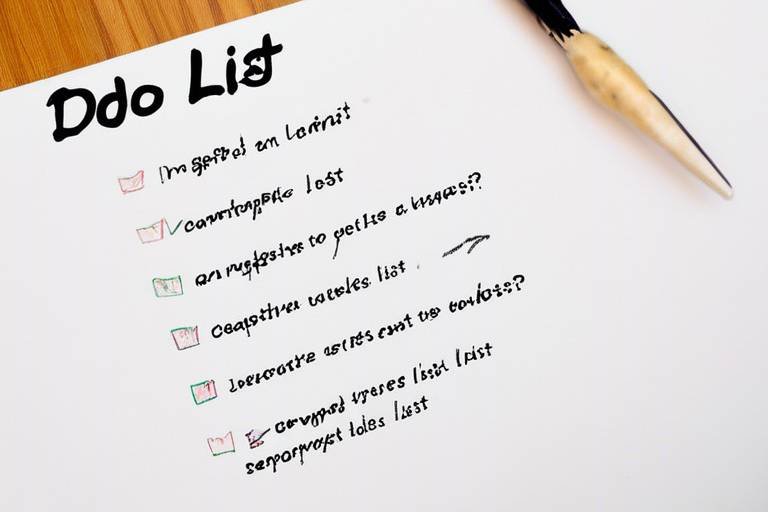How to Use Aromatherapy for Relaxation
Aromatherapy is a powerful tool that can help you relax and unwind after a long day. By harnessing the natural scents of essential oils, you can create a soothing atmosphere that promotes calmness and reduces stress. Whether you prefer the floral notes of lavender, the sweet scent of chamomile, or the fresh aroma of eucalyptus, there is an essential oil out there for everyone.
When it comes to using aromatherapy for relaxation, the key is to choose the right essential oils that resonate with you. Each oil has its own unique properties and benefits, so it's essential to select ones that align with your personal preferences and desired relaxation effects. Whether you want to unwind before bedtime or create a peaceful environment at work, there is an essential oil that can help you achieve your relaxation goals.
There are various methods of applying essential oils to experience their relaxation benefits fully. From using aromatherapy diffusers to topical application and inhalation techniques, there are multiple ways to incorporate essential oils into your daily routine. Diffusers are excellent for dispersing essential oils into the air, creating a calming ambiance in any room. Topical application, on the other hand, involves diluting essential oils and applying them to the skin for massage or direct absorption.
To create the perfect relaxing atmosphere, consider blending different essential oils to customize your own relaxation scents. By combining oils with complementary properties, you can tailor your aromatherapy experience to address specific needs, whether it's stress relief, mood enhancement, or sleep support. Experiment with different blends until you find the perfect combination that helps you relax and unwind.
Setting up a calming environment at home or work using aromatherapy doesn't have to be complicated. With the right essential oils and a few simple tools like diffusers and roller bottles, you can easily incorporate aromatherapy into your daily routine. Whether you prefer to diffuse oils throughout the day or apply them directly to your skin, there are endless possibilities for using aromatherapy to promote relaxation and well-being.

Understanding Aromatherapy
Aromatherapy is a holistic healing treatment that uses natural plant extracts, known as essential oils, to promote health and well-being. These essential oils are extracted from various parts of plants and are believed to possess therapeutic properties that can help alleviate stress, anxiety, and promote relaxation. The practice of aromatherapy is based on the idea that the inhalation or topical application of these oils can stimulate brain function and impact the body's physiological mechanisms.
Essential oils used in aromatherapy can be derived from a wide range of plants, including flowers, herbs, and fruits. Each essential oil has its own unique scent and properties, which can have different effects on the mind and body. Some essential oils are known for their calming and sedative effects, while others are used for their energizing and uplifting properties. Understanding the characteristics of different essential oils is essential in harnessing the benefits of aromatherapy for relaxation.
When practicing aromatherapy for relaxation, it is crucial to choose high-quality essential oils to ensure effectiveness and safety. Not all essential oils are created equal, and purity levels can vary among different brands. It is recommended to opt for organic, therapeutic-grade essential oils to experience the full benefits of aromatherapy. Additionally, considering personal preferences and sensitivities to scents is important when selecting the right essential oils for relaxation purposes.
Overall, aromatherapy offers a natural and gentle approach to promoting relaxation and reducing stress in daily life. By understanding the fundamentals of aromatherapy and selecting the appropriate essential oils, individuals can create a soothing environment that enhances overall well-being and tranquility.
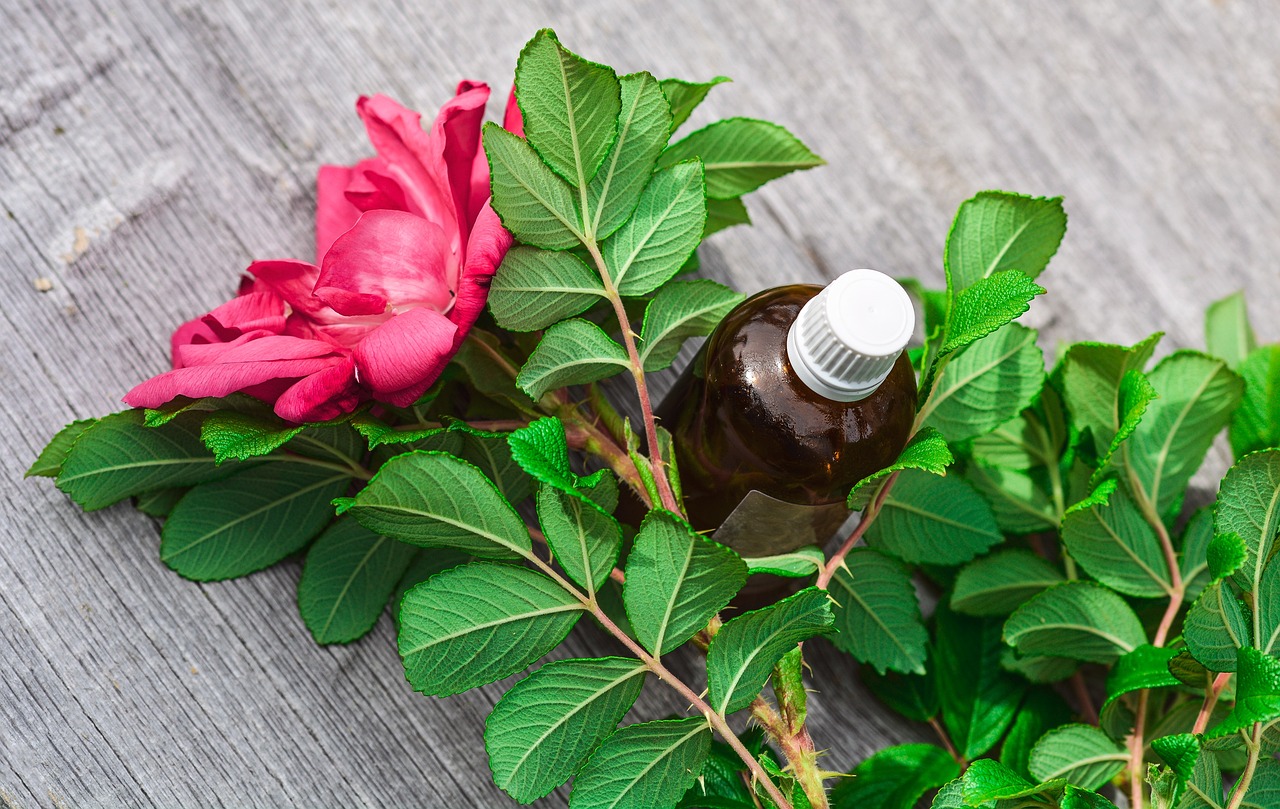
Choosing the Right Essential Oils
When it comes to choosing the right essential oils for aromatherapy, it's essential to consider your personal preferences and the specific relaxation effects you are aiming for. Different essential oils offer unique benefits and scents, so selecting the ones that resonate with you is key to enhancing your relaxation experience.
For individuals looking to unwind and de-stress, popular relaxing scents such as lavender, chamomile, and eucalyptus are excellent choices. Lavender is well-known for its calming properties, while chamomile is soothing and eucalyptus has a refreshing and invigorating effect.
Additionally, it's important to consider any potential sensitivities or allergies you may have when choosing essential oils. Conduct a patch test before using a new oil to ensure you don't have any adverse reactions.
Experimenting with different essential oils and blends can help you discover the scents that work best for you in promoting relaxation. Some individuals may prefer floral notes, while others may gravitate towards citrus or woody aromas. Don't be afraid to mix and match oils to create a personalized blend that suits your preferences.
When selecting essential oils, opt for high-quality, pure oils to ensure maximum therapeutic benefits. Look for oils that are organic and have undergone rigorous testing to guarantee their purity and potency.
Remember, the journey of choosing the right essential oils for aromatherapy is a personal one. Explore different scents, experiment with blends, and trust your senses to guide you towards the oils that help you relax and unwind effectively.
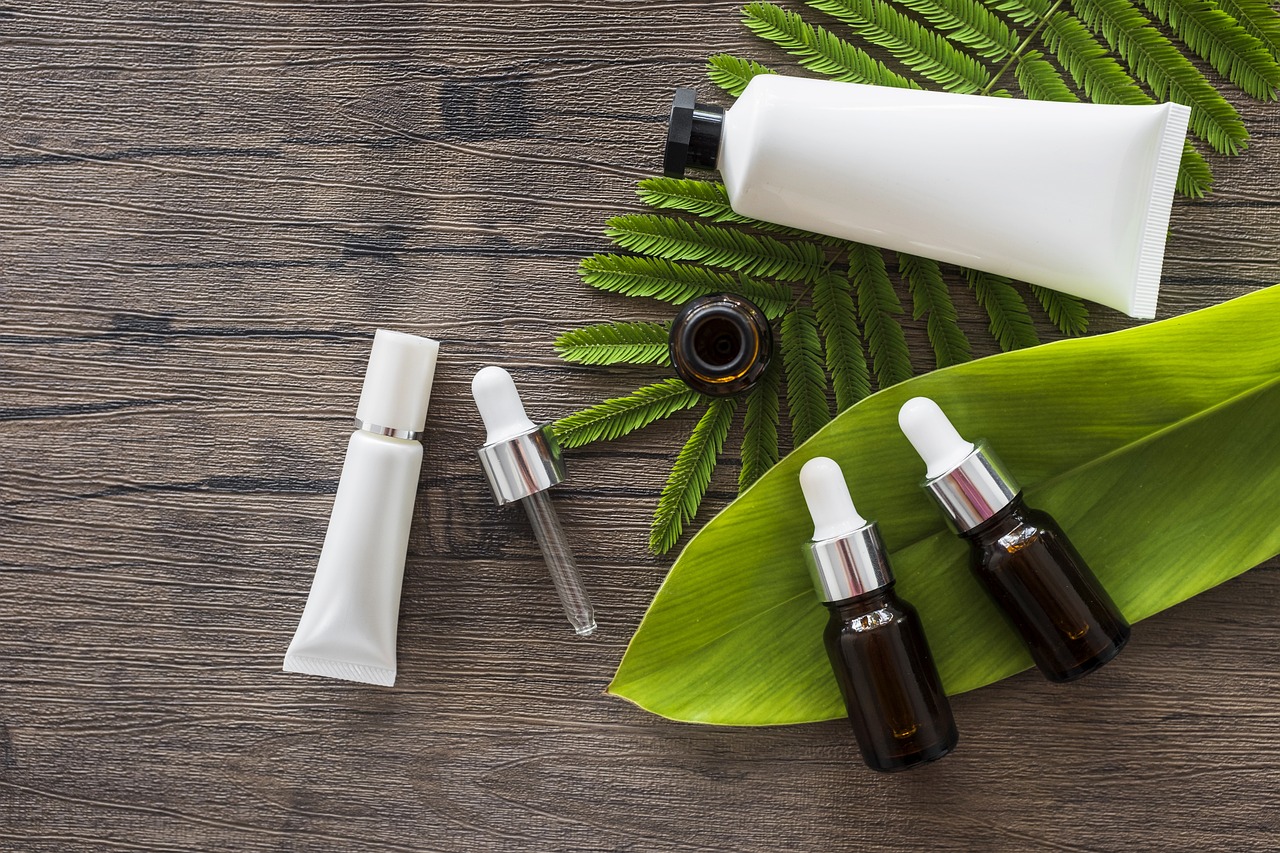
Popular Relaxing Scents
When it comes to popular relaxing scents in aromatherapy, there are a few key essential oils that stand out for their calming and stress-relieving properties. One of the most well-known and widely used essential oils for relaxation is lavender. Lavender oil is celebrated for its soothing aroma, which can help promote a sense of calm and relaxation.
Another popular choice for relaxation is chamomile essential oil. Known for its gentle and comforting fragrance, chamomile can be particularly beneficial for reducing anxiety and promoting sleep.
Eucalyptus essential oil is also a favorite among those seeking relaxation. Its fresh and invigorating scent can help clear the mind and ease respiratory issues, contributing to a sense of overall well-being.
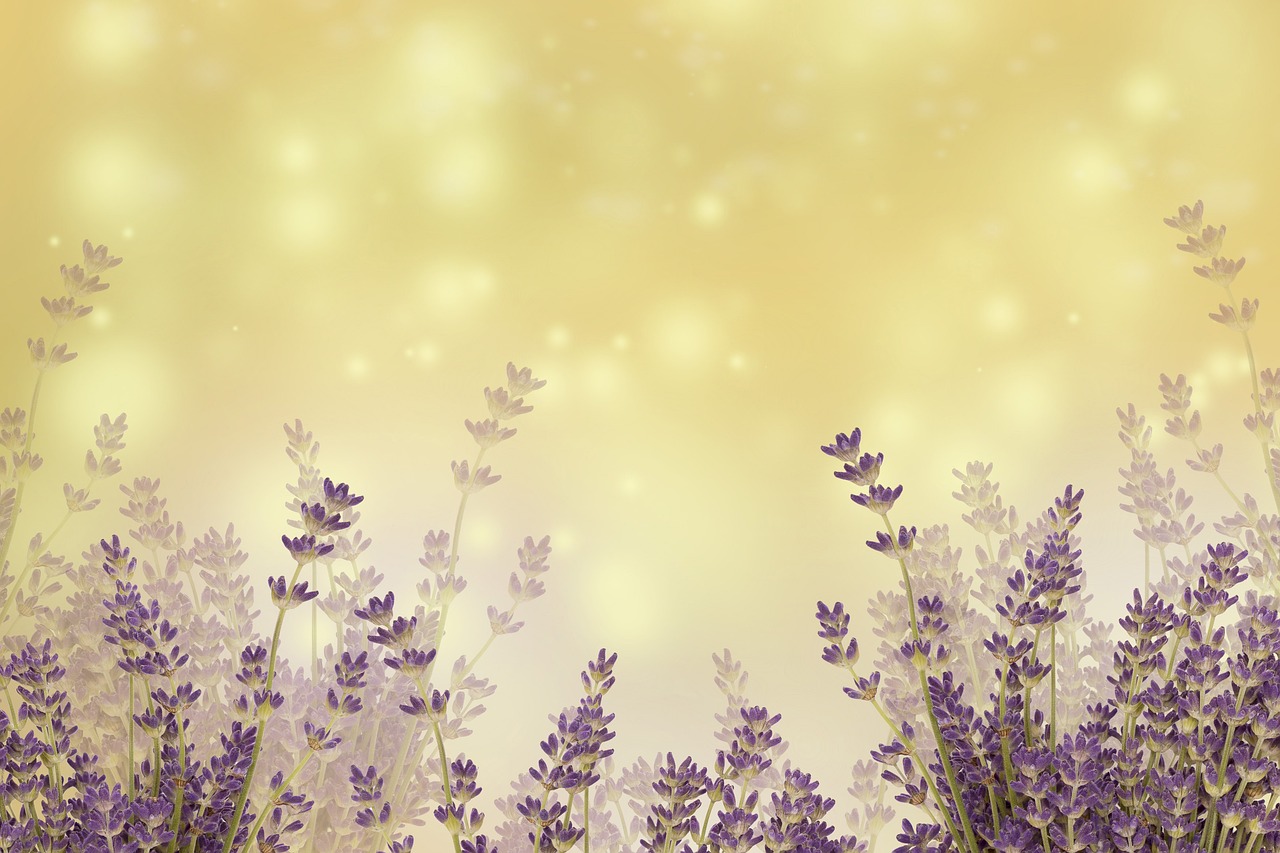
Methods of Application
Aromatherapy offers a variety of methods for applying essential oils to promote relaxation and reduce stress. One common method is diffusion, where essential oils are dispersed into the air using devices like diffusers. These devices release the aroma of the oils into the surrounding space, creating a soothing atmosphere. Another method is topical application, which involves diluting essential oils with carrier oils and applying them directly to the skin. This method is often used for massages or targeted relaxation.
When using diffusers, it's important to choose the right type based on your preferences. Ultrasonic diffusers use water to disperse oils in a fine mist, while nebulizing diffusers break down oils into particles without water. Each type of diffuser has its own benefits and ideal uses, so it's essential to select one that suits your needs.
For topical application, dilution is key to ensure safe use on the skin. Essential oils are highly concentrated and can cause skin irritation if applied directly. By mixing them with carrier oils like coconut or almond oil, you can safely apply the blend to your skin for relaxation and tension relief. Massaging the diluted oils onto pressure points or tense areas can enhance the calming effects of aromatherapy.

Aromatherapy Diffusers
Aromatherapy diffusers are essential tools for enjoying the benefits of essential oils in the air around you. These devices are designed to disperse the aroma of the oils into the environment, creating a soothing and relaxing atmosphere. There are several types of diffusers available, each offering unique features and benefits to enhance your aromatherapy experience.
One common type of diffuser is the ultrasonic diffuser, which uses water and ultrasonic vibrations to create a fine mist that carries the essential oil particles into the air. This type of diffuser not only disperses the aroma effectively but also adds moisture to the air, which can be beneficial for dry environments or during the winter months.
Another popular option is the nebulizing diffuser, which does not require water and releases a more concentrated burst of essential oil particles into the air. This type of diffuser is ideal for those who prefer a stronger aroma and more immediate effects from the essential oils.
For a more portable solution, there are also diffuser jewelry and car diffusers available. Diffuser jewelry, such as necklaces or bracelets, allows you to enjoy the benefits of aromatherapy on the go by simply adding a few drops of your favorite essential oil to the jewelry piece. Car diffusers are designed to fit in your vehicle's cup holder and can help create a calming atmosphere during your daily commute.
When choosing an aromatherapy diffuser, consider factors such as the size of the room you want to scent, the intensity of the aroma you prefer, and whether you want additional features like color-changing lights or timer settings. Experimenting with different types of diffusers can help you find the one that best suits your relaxation needs and enhances your overall well-being.
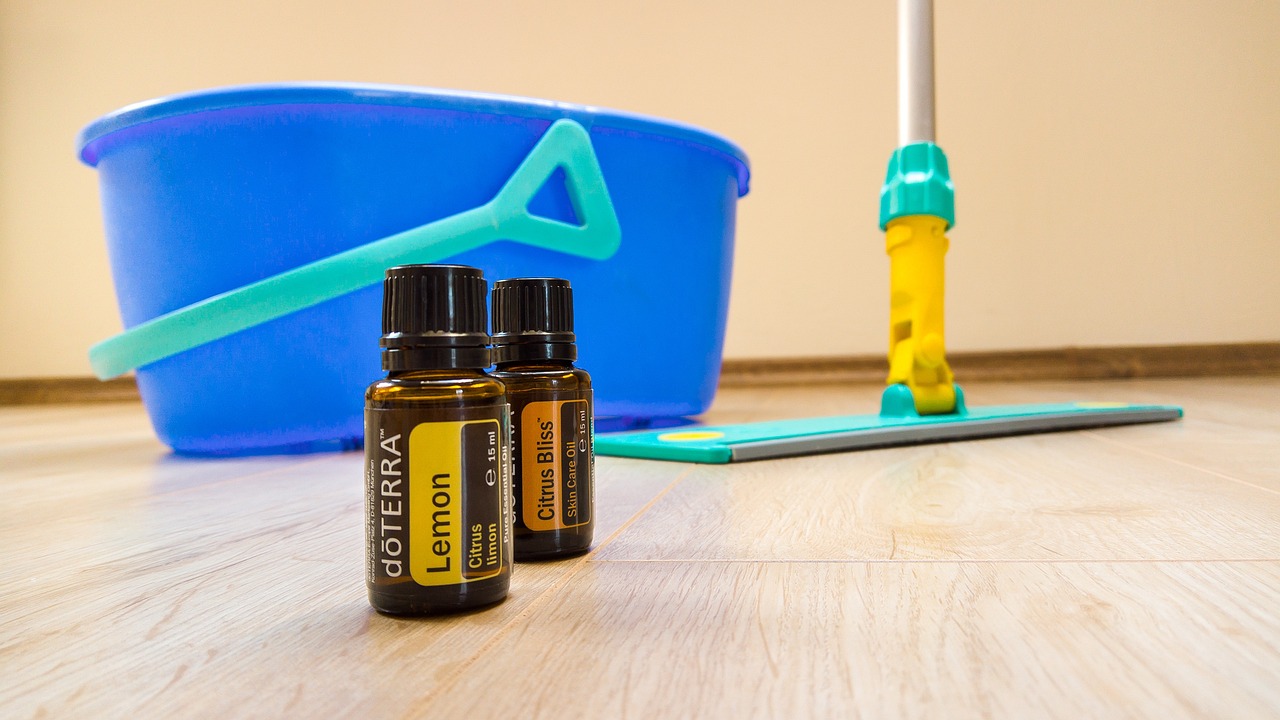
Topical Application Techniques
When it comes to applying essential oils directly to the skin, it's essential to follow proper techniques to ensure safety and effectiveness. One common method is to dilute essential oils with a carrier oil before applying them to the skin. Carrier oils like coconut oil, almond oil, or jojoba oil help to reduce the concentration of essential oils and prevent skin irritation.
Before applying any essential oil topically, it's crucial to perform a patch test on a small area of skin to check for any adverse reactions. This step is especially important for individuals with sensitive skin or allergies. Dilute a small amount of essential oil with a carrier oil and apply it to the inside of your forearm. Wait 24 hours to see if any redness, itching, or irritation occurs.
When massaging essential oils onto the skin for relaxation purposes, it's recommended to use gentle, circular motions to promote absorption and relaxation. Focus on areas of tension or stress, such as the neck, shoulders, temples, or soles of the feet. Massage can help the essential oils penetrate the skin and provide a soothing effect on both the body and mind.
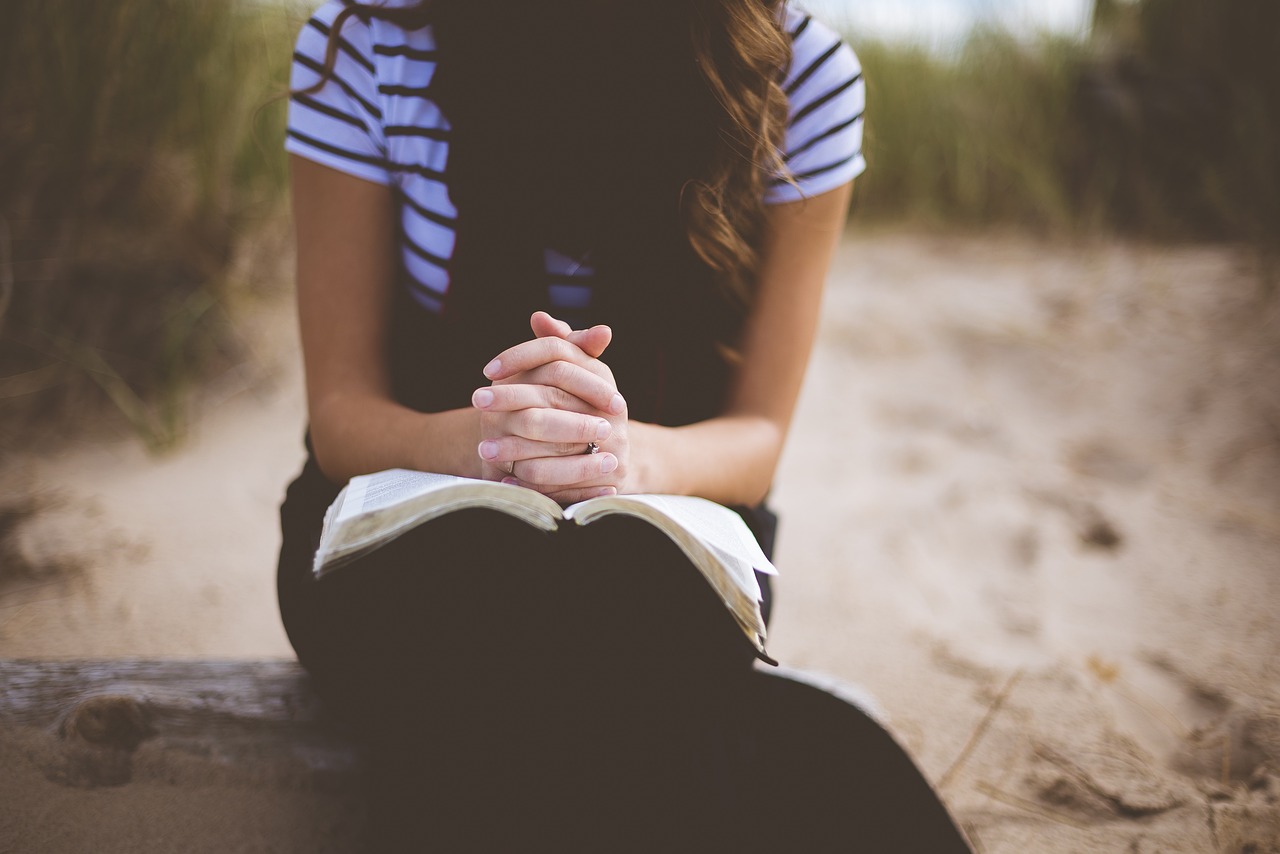
Creating a Relaxing Atmosphere
Creating a relaxing atmosphere is essential for maximizing the benefits of aromatherapy. Imagine walking into a room filled with the gentle scent of lavender, soft lighting, and soothing music playing in the background. This setting instantly calms your mind and helps you unwind after a long day. To achieve such a tranquil environment, you can strategically place diffusers around the room to disperse your favorite essential oils. Additionally, incorporating elements like cozy blankets, comfortable cushions, and calming colors can further enhance the relaxation experience.
If you prefer a more hands-on approach, you can create your own relaxation corner where you can escape the hustle and bustle of daily life. This dedicated space can be adorned with plants, candles, and relaxing artwork to create a serene oasis within your home. By immersing yourself in this peaceful environment, you can easily de-stress and rejuvenate both your mind and body.
Furthermore, consider incorporating natural elements into your decor to amplify the calming effects of aromatherapy. Wooden furniture, bamboo accents, and soft fabrics can add a touch of nature to your space, creating a harmonious atmosphere that promotes relaxation. Remember, the key is to personalize your surroundings to cater to your senses and create a sanctuary where you can escape and unwind whenever needed.
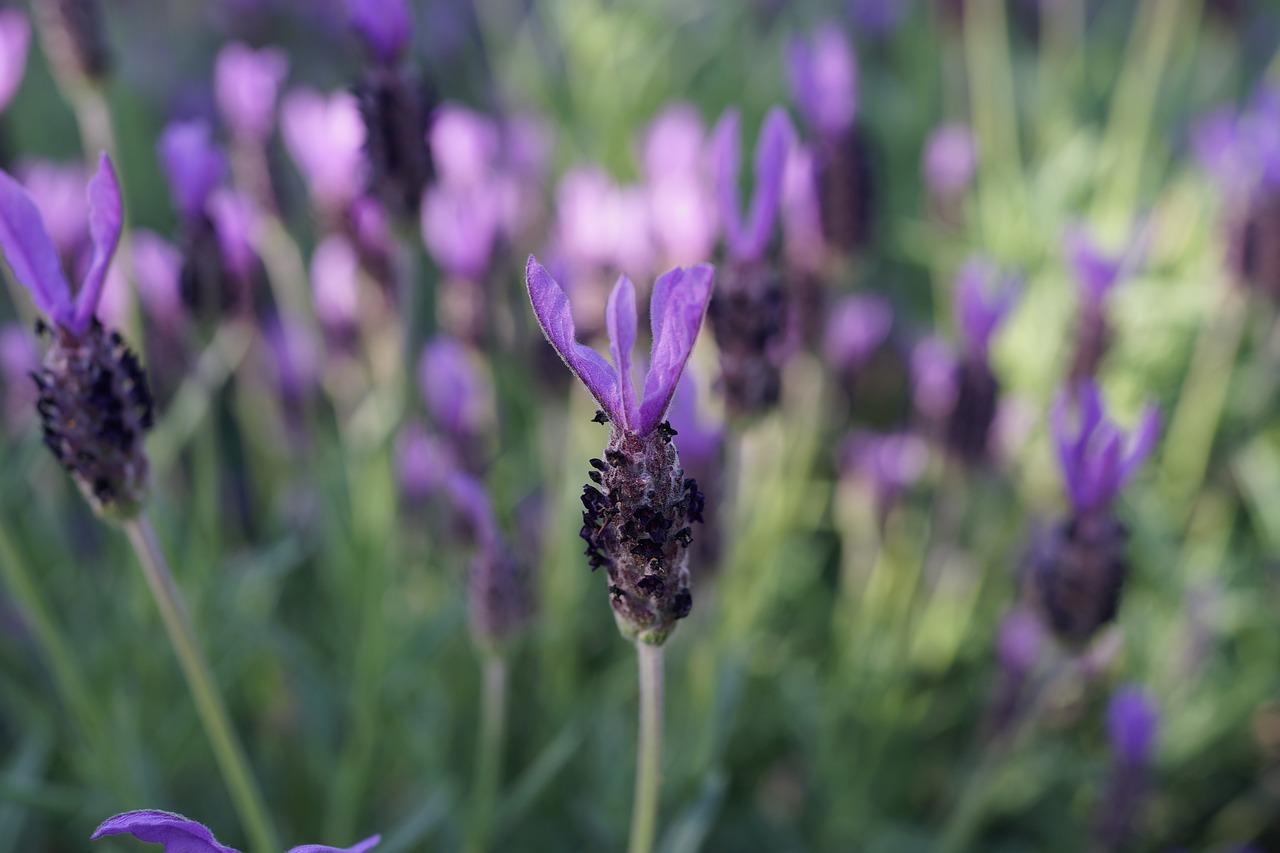
Aromatherapy Blends and Combinations
When it comes to , the possibilities are endless for creating personalized scents that cater to your specific relaxation needs. By blending different essential oils together, you can enhance their individual properties and create a unique aroma that promotes a sense of calm and tranquility.
One popular blend for relaxation is combining lavender and chamomile essential oils, known for their soothing and calming effects. This blend is perfect for unwinding after a long day and promoting a restful night's sleep. The floral notes of lavender complement the gentle sweetness of chamomile, creating a harmonious scent that relaxes both the mind and body.
For a revitalizing blend that boosts energy while still promoting relaxation, consider mixing peppermint and citrus essential oils. The invigorating scent of peppermint combined with the uplifting aroma of citrus creates a refreshing blend that helps clear the mind and reduce stress. This combination is ideal for when you need a mental pick-me-up during a busy day.
If you're looking to create a grounding and balancing blend, try sandalwood and patchouli essential oils. Sandalwood is known for its woody and earthy aroma, while patchouli adds a touch of richness and depth. Together, these oils create a warm and comforting scent that promotes a sense of stability and inner peace.
Experimenting with different allows you to tailor your relaxation experience to suit your preferences and mood. Whether you prefer floral, herbal, or citrus scents, there is a combination out there waiting to transport you to a state of tranquility and calm.
Frequently Asked Questions
- What is aromatherapy?
Aromatherapy is a holistic healing treatment that uses natural plant extracts, known as essential oils, to promote health and well-being. These essential oils can be inhaled, applied topically, or used for massage to enhance relaxation and reduce stress.
- How do essential oils help in relaxation?
Essential oils have aromatic molecules that can pass through the blood-brain barrier and affect the limbic system, which is the part of the brain responsible for emotions and memories. This interaction can help to calm the mind, reduce anxiety, and induce a sense of relaxation.
- Are essential oils safe to use?
When used properly and in recommended dilutions, essential oils are generally safe for most people. However, it is important to perform a patch test before applying them to the skin, especially if you have sensitive skin or underlying health conditions. Consult a healthcare professional before using essential oils if you are pregnant, nursing, or have specific medical concerns.
- Can aromatherapy be used in the workplace?
Yes, aromatherapy can be a great way to create a more relaxed and productive work environment. Using essential oils like peppermint or rosemary in a diffuser can help boost focus and concentration, while calming scents like lavender can reduce stress levels and promote a sense of well-being.
- How long do the effects of aromatherapy last?
The duration of the effects of aromatherapy can vary depending on the individual, the type of essential oil used, and the method of application. Generally, the effects of inhaling essential oils can last for a few hours, while topical application or massage may have a more prolonged effect.
















